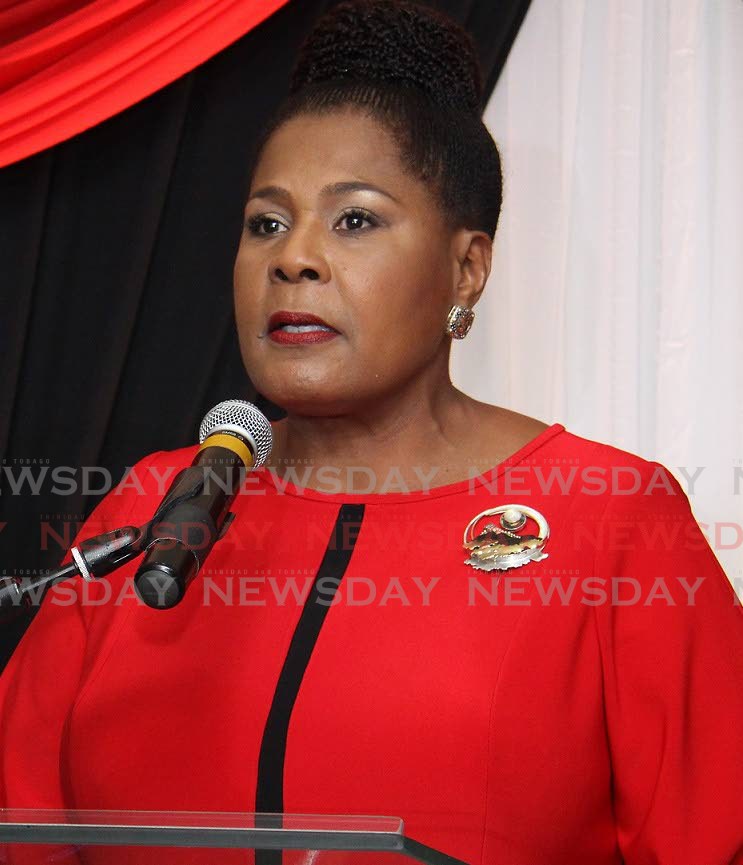Paula-Mae’s term

A NEW YEAR is upon us and so, too, is the prospect of a new president.
According to a notice published in the Gazette, the Electoral College will be convened on Friday, January 20, 2023, for the purpose of the election of a president.
It is possible for President Paula-Mae Weekes to be re-elected to the post.
However, officials at President’s House have left open the possibility that she will not serve a second term.
Whatever the case, the convening of the Electoral College invites reflection on the tenure of Ms Weekes, this country’s sixth president.
It also provides a fresh opportunity for a re-examination of the role and function of the presidency at a time of great change and at a moment when the vestiges of our colonial past are rightly being subject to greater and greater scrutiny.
A retired justice of appeal, Ms Weekes made history by becoming the first female president in 2018 after being elected unopposed.
However, she also entered the history books by becoming the first president to face a motion calling for her removal.
That motion, which was controversially not subject to a full debate yet required a special majority, failed. The Opposition was criticised for its rowdy protests during the historic proceedings.
Ms Weekes’s tenure has demonstrated, if we needed a reminder, that the post is one fettered by constitutional limits and dependent on the personality of the post-holder.
Though she often spoke out on a range of matters, memorably in relation to the deficiencies of the public service, the current post-holder clearly adopted a conservative stance when being critical of developments in the country, whether political or not.
Just as an overly active president raises troubling questions of democratic legitimacy, a silent, ceremonial figurehead also forces us to consider whether we need reminders of impassive monarchical rule.
If the President does not return, the line-up of independent senators will shift, with senators resigning formally to clear the way for the incoming post-holder to make appointments.
Given the system of government currently in place, it has become a tradition that governments criticise independents as being too aligned with opposition interests, while oppositions criticise independents for siding too often with governments.
With Parliament close to being hung, changes in the Senate line-up could have an impact on the legislative agenda.
Of course, it is within the power of a government to defer presidential elections to allow for parliamentary elections to take precedent.
The fact that the present government has not deferred this matter is an expression of confidence regardless of who is elected.
But it also sets the stage for 2023 to begin with yet another political showdown whether the country wants it or not at this precarious moment in our history.

Comments
"Paula-Mae’s term"